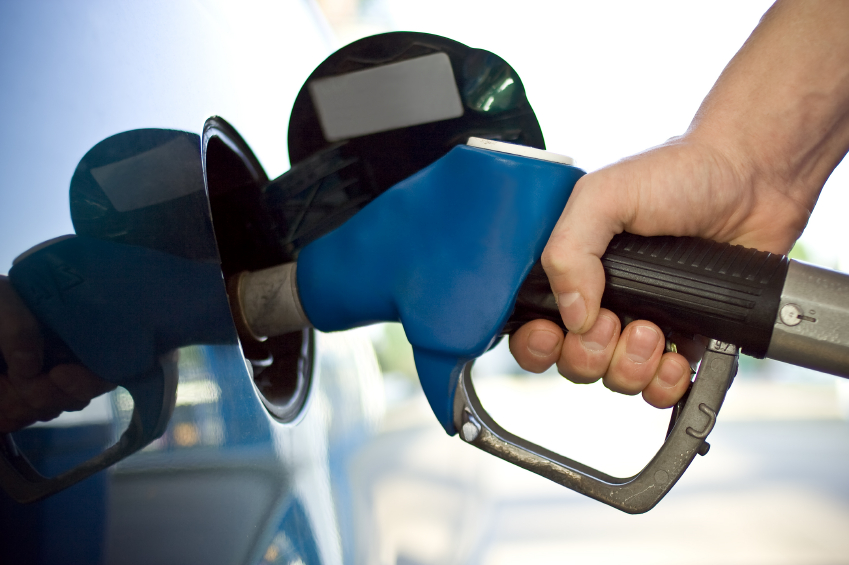Oil prices have dropped precipitously over the past few months, and while that's led to lower gas prices, it's also creating a somewhat unusual problem.
No matter how much or little oil the national economy is consuming, it's still pumped out of the ground in massive quantities.
MORE: Gas Prices To Plunge More After Oil Price Falls To 4-Year Low?
So what happens when there is no longer room to store the excess oil?
A price collapse, according to a report recently published in The Washington Post.
The artice claims the U.S. is already running out of room to store oil, and that could cause prices to drop even more over the next few months.
![Natural gas flaring from oil well [licensed under Creative Commons from Flickr user Sirdle] Natural gas flaring from oil well [licensed under Creative Commons from Flickr user Sirdle]](https://images.hgmsites.net/lrg/natural-gas-being-flared-from-oil-well-licensed-under-creative-commons-from-flickr-user-sirdle_100443858_l.jpg)
Natural gas flaring from oil well [licensed under Creative Commons from Flickr user Sirdle]
For the past eight weeks, the U.S. has been producing and importing 1.1 million barrels more than it's consuming.
That has pushed supplies to their highest level in 80 years, according to the U.S> Department of Energy (DoE).
At this rate, storage tanks at the facility in Cushing, Oklahoma, that serves as the nation's oil-trading hub will reach their operational limits--known as "tank tops"--by April.
DON'T MISS: Once More: Low Gas Prices Don't Hurt Electric-Car Sales
One reason for this is that U.S. oil production has risen sharply lately. Companies only recently began cutting back, and the impact from that won't be felt until later in the year.
Much of the oil being produced is also light, sweet crude, which most U.S. refineries aren't equipped to handle. Exports are also restricted by Federal law.
At the same time, the heavy, sour crude U.S. refineries prefer is still being imported in large amounts.

Gas pump
Winter is also the traditional low point of the year for gasoline demand, so refineries are processing less crude overall.
In addition, investors can make money by purchasing crude now and storing it until demand increases.
All of these factors could cause oil prices to plummet from the current $50 a barrel to $20, according to Citibank executive Ed Morse.
ALSO SEE: Do Low Gas Prices Hurt Renewable Energy Adoption? Unlikely, Says Analyst
However, it's possible such a dramatic drop in prices will be avoided.
Extra storage tanks are being built at the Cushing facility, and other locations may free up additional capacity.
Analysts also note that the increase in crude oil supplies has not led to a corresponding boost in gasoline or diesel supplies--showing that demand for fuel is still strong.

Petro-Canada gas station, Crossfields, Alberta, with electric-car charging station
Soon, the combination of decreased drilling and increased fuel consumption during the summer driving season may also alleviate the glut.
Until then, full storage tanks appear to be the order of the day.
_______________________________________________











